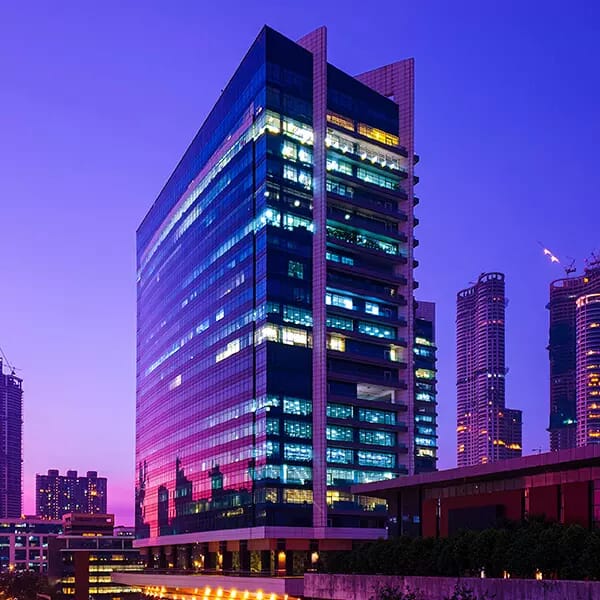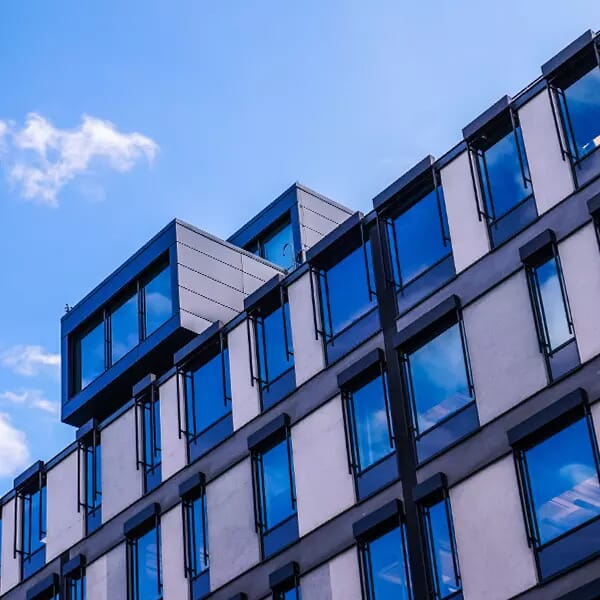 No attribution required
No attribution requiredFlexibility in real estate is the key to surviving downturns
Lhocine Aliouane, AIR France, talks about digitalisation and the strength of the flexible office sector.
For the last few years, flexible office has brought much excitement and creativity to a sector that has historically been quite unadventurous. Enabled by digitalisation and demographic changes, what started as a mere trendy type of office has now irrevocably changed the way we think about office space and working environments forever.
But the flexible, space-utilisation model that brands like WeWork have taken over the world on may not be invincible. In fact it was WeWork, the largest coworking brand whose IPO fell through earlier this year, that began raising questions about the sustainability of offering amenities and shorter leases potentially leaving itself open to vacancy.
GRI Offices gathered some of the most senior real estate investors, developers, financiers and operators active in commercial real estate to talk about the sector in general, and coworking/flexible offices place within it. At the event, the GRI Hub caught up with Lhocine Aliouane, Head of Real Estate Projects for AIR France, to ask about how flexible offices has changed our perception of office space.
With the wave of digitalisation, how do offices need to adapt to cater to the new tech-minded demographic? How has the customer needs changed?
So our offices now have to evolve to much more technological and technical spaces. Not just more plugs and power outlets, but also more interactivity, more attentive operators and receptionists. What started as installing more technology became the full-scale integration of more services into people’s everyday working experience.
Technology definitely helps [to attract the younger demographics]. Before, people were merely looking for a job. Now, they’re looking for an experience. They need their company to keep them happy and excited to work, and companies are happy to do this to have a more engaged workforce and improve morale and employee retention.
What effect has flexibility had on the offices sector?
First of all, all landlords must now be more active and flexible with the contract. So many offices offer the ability to increase/decrease space at will - to the point where no one wants to rent an office where this isn’t an option. And maybe in the future, offices will give long-term tenants the ability to customise and move windows and walls.
Do you think the flexible office sector has the sustainability to survive a downturn?
The flexible office sector absolutely has the strength to survive the downturn, because of the flexibility. So, when you are facing a crisis, you have to adapt yourself, perhaps downsize etc. I think that flexibility is actually the key to surviving downturns.
Leading French real estate players will discuss the positives and shortcomings of the French office market at France GRI 2020, taking place on 22-23 April in Paris.
Article by Matt Harris







